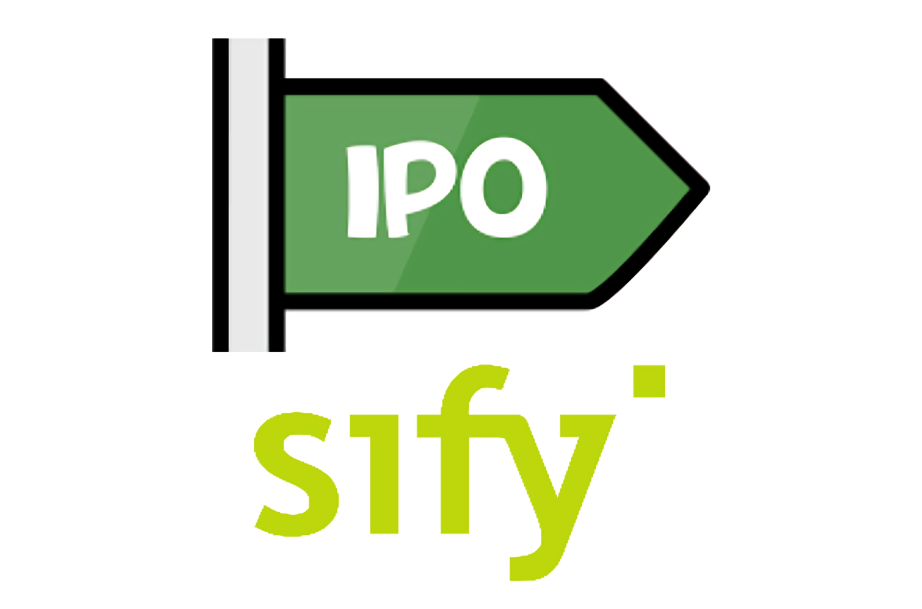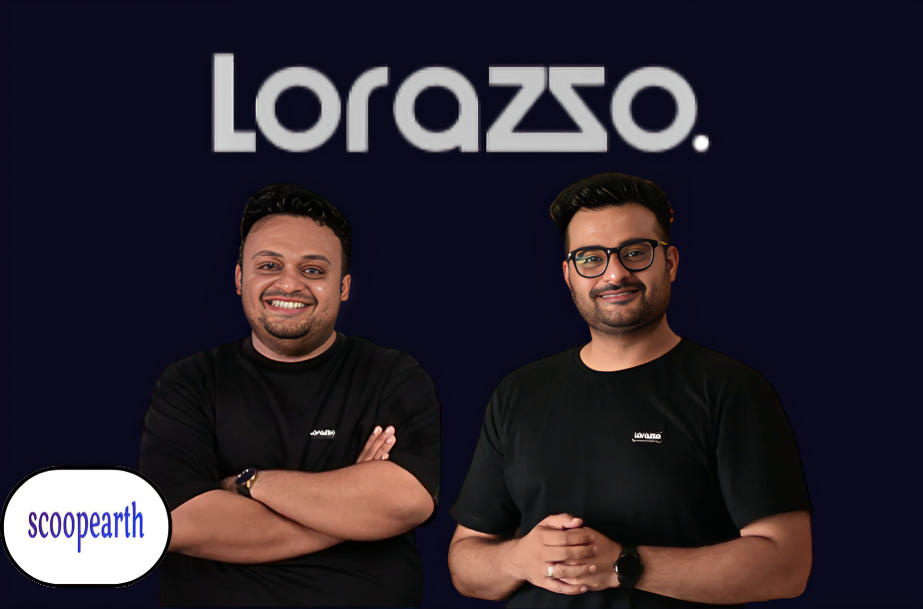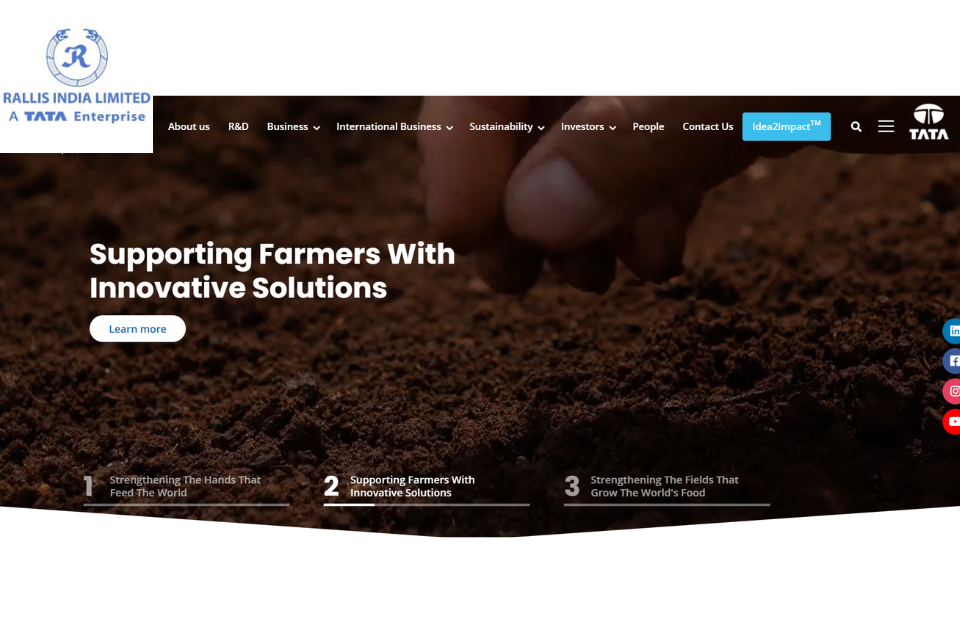Swiggy exists and sells out Rapido at ₹2,400 crore to Prosus

SUMMARY
Global consumer internet powerhouse Prosus has strengthened its belief in the mobility sector by buying a large portion of Rapido. It is a strategic decision and is in line with the entire exit of the food delivery giant Swiggy out of the bike-taxi and bike-ride-hailing company, worth around ₹2,400 crore. This deal is a turning point for all three businesses, and it represents how competition and investment in the urban mobility and delivery sector in the country are changing.
Strategic and share purchase agreement
The transaction was done under a share purchase agreement, with the subsidiary of Prosus, MIH Investments One B.V., buying shares valued at ₹1,968 crore, and the rest of the shares were bought by Setu AIF Trust, a private equity firm, at ₹431.5 crore. Prosus and WestBridge were already invested in Rapido, and this deal allows them to add more equity and bet once again on a firm that they think is on a high-growth path. The stake sale is announced after a period of speculation, as Swiggy had earlier this year suggested that it might re-examine its investment in Rapido.
A clear and direct conflict of interest is the main driving force behind the full divestment of Swiggy. Swiggy had earlier been interested in Rapido when it made the first investment in the company in 2022 in a financing round of $180 million. Swiggy initially invested in utilizing Rapido’s extensive fleet of “captains” to increase its last-mile delivery operations and generate additional sources of income among delivery partners. But this changed drastically in the middle of this year as Rapido chose to penetrate the main business of Swiggy, and that is food delivery.
Rapido rolled out a pilot food delivery service in Bengaluru under the name “Ownly,” as a zero-commission, value brand, to compete with the duopolists of Swiggy and Zomato. This direct entry into the food delivery business left a competition overlap that the management of Swiggy could no longer overlook.
Swiggy had mentioned in its shareholder messages that even though they were pleased with the success and value creation of the investment, they would have to admit that a conflict would arise. It was thus considered to be a strategic move to divest its stake to achieve the investor’s goals on behalf of its shareholders and to ensure that it is focused on its business.
The deal gave Swiggy a lucrative exit as well as a considerable increase in the valuation of Rapido. Rapido is worth more than ₹20,000 crore or roughly $2.5 to $2.7 billion, which is a fantastic growth compared to what it used to be worth in December 2024. This almost doubling increase shows that the market is increasingly confident in the business model of Rapido and its quick diversification of its original business of bike-taxi services.
Its strategic jump into the autorickshaw and cab service and the recent venture into the food delivery market have assisted the company in expanding its business presence and diversifying its revenue portfolio. In financial terms, Rapido has shown a vast improvement, as the operating revenue in the financial year 2024 increased 1.5 times to ₹648.1 crore, and its losses decreased by more than 45% to ₹370 crore.
Its rapidly increasing user base of 50 million monthly active users has apparently grown faster than its competitors, such as Uber India, and even the Uber CEO has confirmed that Rapido is its worst threat in the India market. The investor money, such as Prosus, will give this momentum, and the company will be equipped to expand its operations and become more aggressive in all its verticals.
Significant implications for Swiggy and Rapido
The acquisition has a major effect on both Swiggy and Rapido. In the case of Swiggy, the 2.5x return on its original investment of ₹950 crore comes in the form of the sale of its Rapido shares to the tune of ₹2,400 crore. This cash infusion is essential liquidity in a moment when the corporation has been struggling with its increasing losses, especially in its fast commerce unit, Instamart.
The capital will help boost Swiggy’s cash reserves and enable it to have the financial leeway to invest in its food delivery and quick commerce enterprises. Swiggy has also resolved to sell its Instamart business to a wholly-owned subsidiary, which is an attempt to design a more-focused and more-strategically aligned corporate framework to support its long-term growth.
In the case of Prosus, the investments highlight its long-term optimistic outlook of the Indian market and its confidence in the potential of Rapido. Swiggy is further expanding its engagement in the mobility space through the support of Prosus, a key stakeholder in the company, which has demonstrated its capability to approach existing industry players and innovate. The new capital, along with the secondary share purchase, makes Prosus one of the largest shareholders in Rapido with greater control over the future course of the organization.
Conclusion
The deals of Prosus, Rapido, and Swiggy signify the start of a fresh phase in the vibrant Indian technology scene. The exit, which is profitable to Swiggy, enables the company to go back to its business and enhance its balance sheet, but Rapido, with the new capital and support of such a large global investor, is better positioned to contend directly with the market leaders in the mobility as well as food delivery industries. The transaction strengthens the idea that strategic investments and divestments will remain important instruments used by companies to focus their energies, create value, and navigate through the convoluted network of alliances and competition that characterizes the industry as Indian startups grow and diversify.
Note: We at scoopearth take our ethics very seriously. More information about it can be found here.
















